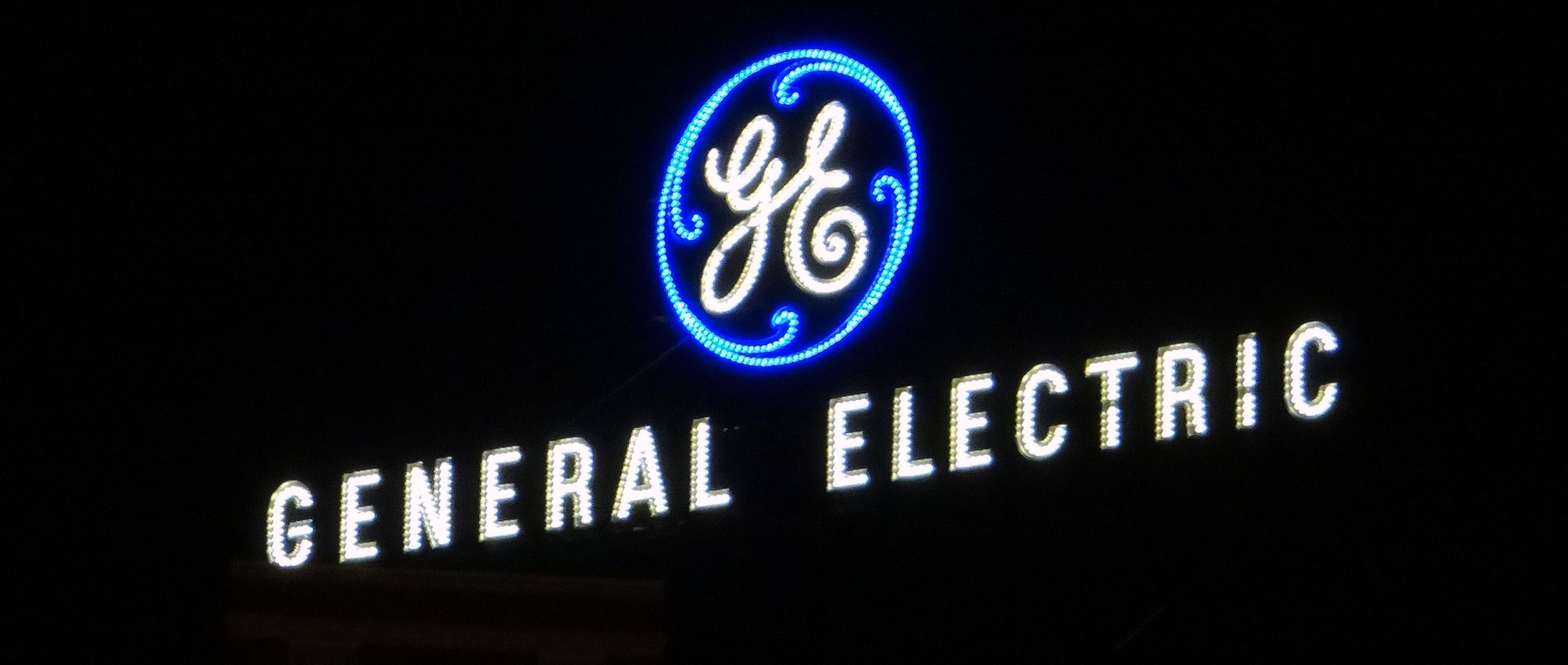Govt to rob from lowest earners
Low-paid self-employed workers face a massive tax increase in April, which threatens to see many of those on the very lowest incomes in the economy fall through the cracks.
Even though the government last year made a last minute U-turn on a pledge to increase national insurance contributions for lower and middle-income self-employed people, it is still pushing ahead with NI hikes for those self-employed workers earning less than about ÂŁ6,000 in profits each year.
Currently, self-employed workers earning less than ÂŁ6,025 can make voluntary â€class 2’ NI contributions of ÂŁ2.80 a week – or just under ÂŁ150 a year – to gain access to the full state pension. But if the government presses ahead with its plans to abolish class 2 NI contributions, those on the lowest incomes will be forced to pay the higher â€class 3’ NI contributions – or else lose out on the state pension.
The higher rate is £14 a week – a 400 per cent increase, meaning self-employed workers earning less than £6,000 will have to pay nearly £600 a year more from April than they are paying now to gain access to the state pension.
While £6,000 may seem a very low sum, there are far more people earning this pittance than you might imagine – the Office of National Statistics (ONS) found that in 2015-16, nearly 1m self-employed people earned less than £5,965. This accounts for one in five of all self-employed workers, many of whom are hairdressers, carers, and those working the arts.
Not all of the lowest-earning self-employed people will be affected by the NI changes, because some will be eligible for NI credits, if for example, they have children under 12 or are carers.
Still, many who may not qualify for NI credits will face having to pay ÂŁ733 a year at current rates, explained Gillian Wrigley of the Low Incomes Tax Reform Group.
“People in a well-paid position might think £14 a week not a lot of money, but for people on a low income it can mean the difference between feeding the kids or buying school shoes,” she told the Independent.
“The government says lots people on low incomes will earn pension credits in other ways, either because they’re a carer or have children under the age of 12. But there are people who are not getting credits elsewhere and will be in a vulnerable position from next year.”
â€Bad jobs’
It’s one of the latest blows to self-employed people, who, according to a new analysis this month from the New Economics Foundation, are a group in which the majority are in â€bad jobs’.
The NEF study found that more than half – 54 per cent – of self-employed people are in what the think tank classifies as â€bad jobs’, compared to 32 per cent of employed people.
The think tank defines â€bad jobs’ that do not pay at least a Living Wage – now set at ÂŁ9.75 an hour in London and ÂŁ8.45 outside the capital – as well as jobs that are not â€secure’. The NEF classifies â€secure’ jobs as those in which people are on permanent contracts or where the only reason cited for having a temporary job is because the worker did not want a permanent contract.
NEF researcher Hanna Wheatley argued that the army of self-employed people – which now accounts for 15 per cent of the entire labour force – is part of the reason that unemployment figures look better than they are.
“The overall unemployment figures paint a far more rosy picture of the labour market than what we know to be the reality – an underpaid and insecure workforce stretched to the limits,” she said.
“One in three people on zero hours contracts say they don’t have enough hours to provide for themselves,” Wheatley added. “And while some benefit from the flexibility of being self-employed, many don’t. The rise in self-employment is hardly a cause for celebration when over half don’t earn enough to live a decent life.
“It seems that good jobs were the sacrifice made to avoid the worst effects of unemployment during the recession. But the situation for many is reaching crisis point.”
Unite assistant general secretary Steve Turner agreed.
â€Earning a fraction’
“Contrary to the image of the â€budding entrepreneur’ setting out to â€be their own boss’, the average self-employed person earns a fraction of what even some of the lowest paid employees earn.
“Many choose to be self-employed because they have no other viable choice – well-paid, secure jobs have become increasingly scarce in an economy being choked by government austerity. Others still are being bogusly classified as self-employed by bosses who want to underhandedly strip them of their rights and entitlements.
“The government trying to sneak through a hike in voluntary NI contributions for the very poorest self-employed workers only adds to the misery that so many of these workers already face – the blight of low pay, very little recourse to the law for workplace issues, and no rights such as statutory sick and holiday pay.
“If we are to lift up self-employed people so that they’re on an even playing field with all workers, the government needs to put a floor underneath all workers’ rights as well as rolling out sectoral collective bargaining and strengthening trade unions.”
This is precisely what the Labour party has committed to doing in support of self-employed workers – find out more here.
 Like
Like Follow
Follow


